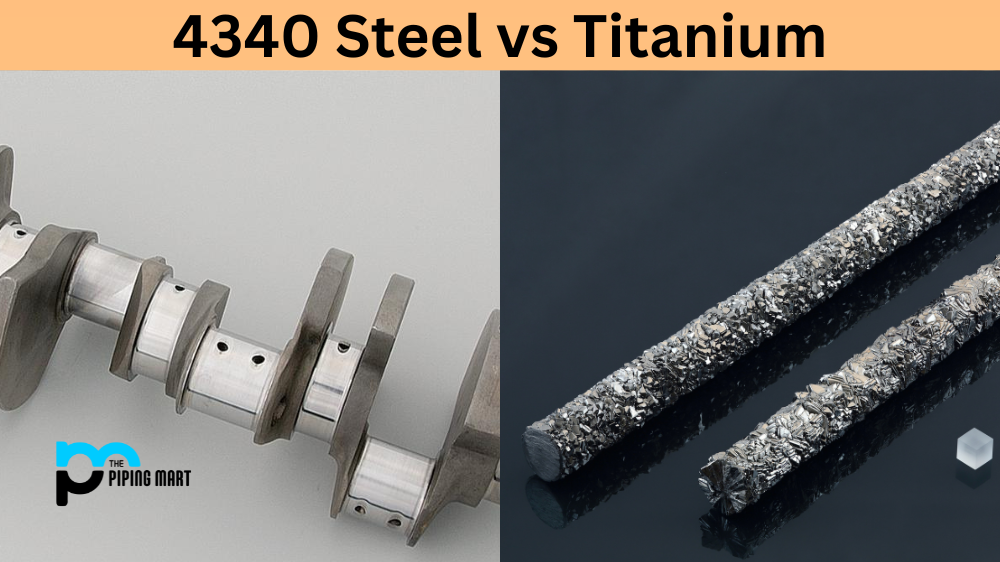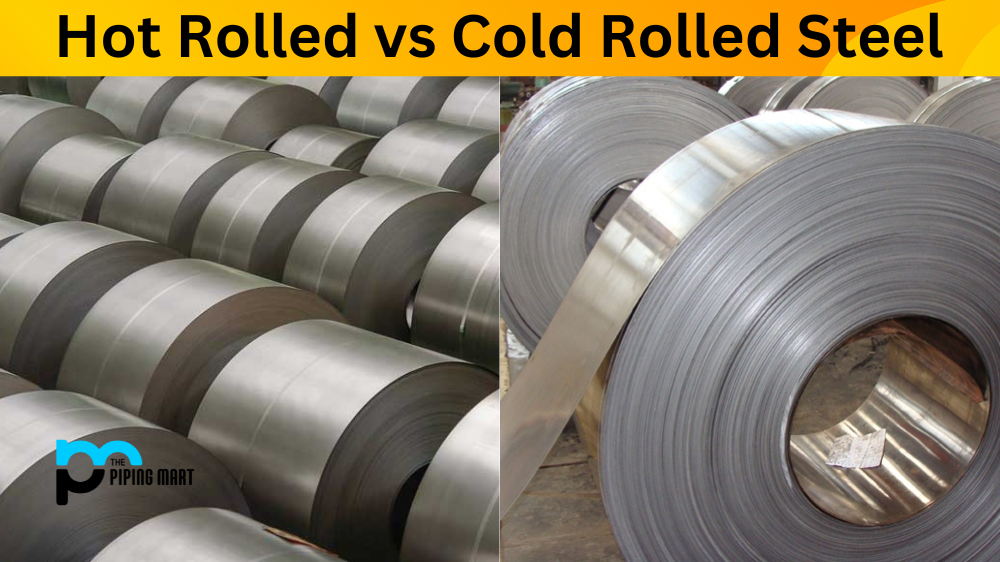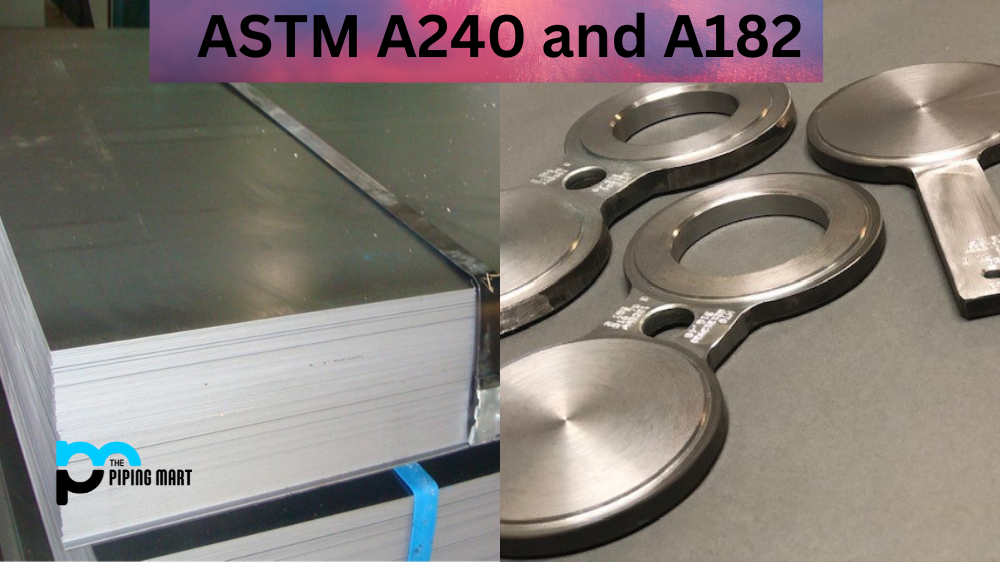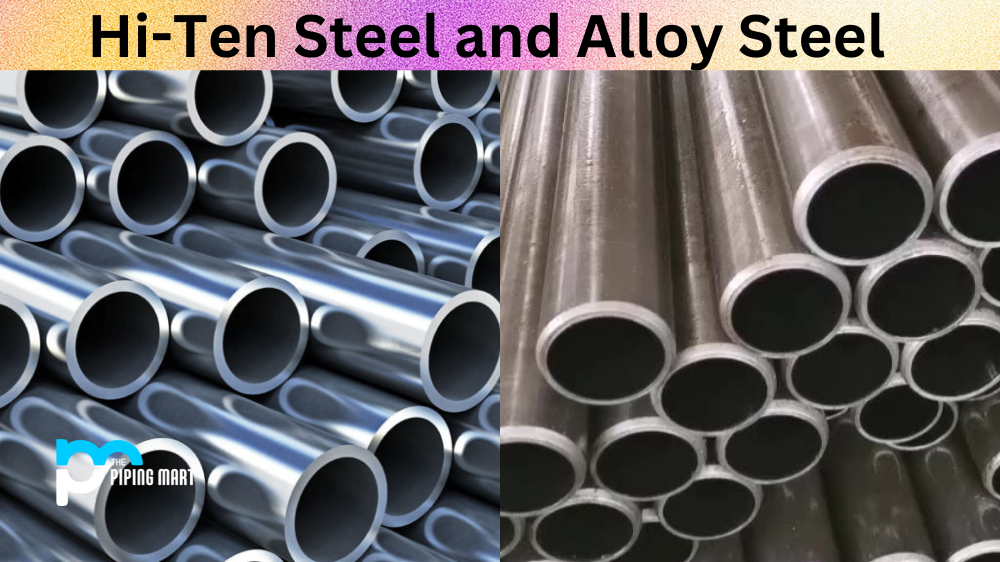The choice can be overwhelming when selecting the right material for your application. Two popular options are 4340 steel and titanium. Each of these metals has its own unique set of properties, making them advantageous in different scenarios. In this blog, we will compare 4340 steel vs titanium and help you determine which material best suits your application.
Where is 4340 steel?
4340 steel is a high-strength alloy steel frequently used in the aerospace industry. The steel contains chromium, molybdenum, and manganese, which gives it excellent strength and toughness. Additionally, 4340 steel is highly weldable and can be heat treated to achieve various properties.
Where is Titanium?
Titanium is a strong, lightweight metal frequently used in the aerospace and medical industries. Titanium is corrosion-resistant and has a very high strength-to-weight ratio. Additionally, titanium can be alloyed with other metals to improve its properties.
Difference Between 4340 Steel and Titanium
Strength
One of the primary benefits of 4340 steel is its high strength. The steel can withstand high loads and stresses without breaking or deforming. Additionally, 4340 steel has excellent fatigue resistance, meaning it can withstand repeated loading without failing.
Weight
One of the benefits of titanium is its low weight. Titanium is approximately 60% lighter than steel, making it an ideal choice for applications where weight is critical. Additionally, titanium has a very high strength-to-weight ratio, which is strong despite its low weight.
Corrosion Resistance
Another benefit of titanium is its corrosion resistance. Titanium is resistant to acidic and basic environments and does not corrode in most environments. Additionally, titanium forms a protective oxide layer on its surface, further protecting it from corrosion.
Conclusion
In conclusion, the choice between 4340 steel vs titanium ultimately depends on the specific needs of your application. If strength, durability, and cost-effectiveness are your main concerns, 4340 steel may be the better choice. However, if weight reduction and corrosion resistance are a priority, titanium may be the more suitable option. Working with a trusted supplier who can provide quality products and expertise is important for whichever material you choose. By carefully considering each material’s unique properties and specifications, you can make an informed decision and ensure the success of your application.

A passionate metal industry expert and blogger. With over 5 years of experience in the field, Palak brings a wealth of knowledge and insight to her writing. Whether discussing the latest trends in the metal industry or sharing tips, she is dedicated to helping others succeed in the metal industry.




